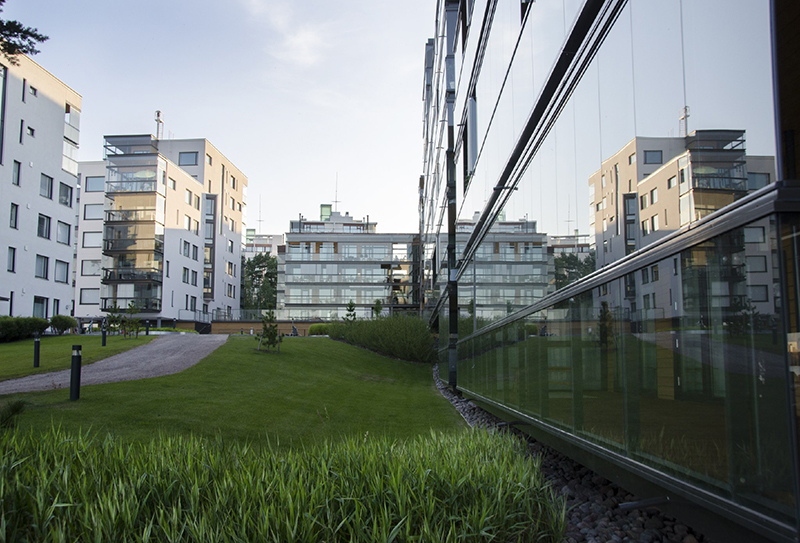The government has given the proposal to the parliament as a construction law, although its content and preparation have been controversial. In the opinion of Rakennusteollisuus RT, the goals of the law, such as reducing emissions and promoting digitalization, are worthwhile, but there is no certainty about the right direction of the means contained in the law.

Along with the Construction Act, the government is moving forward with a large number of supplementary laws related to it, such as the Act on the Information System of the Built Environment. Based on the laws, several decrees are coming out, which define the actual content of the regulation in more detail. These are still being prepared in the ministry, although the set of laws is supposed to enter into force already after more than a year, on January 1, 2024.
The Construction Act with its regulations guides the implementation of construction projects in very essential ways. It has very long-lasting consequences, for example, whether the carbon footprint of construction can be reduced effectively and without jeopardizing the functionality or sustainability of the solutions.
Based on the law, when applying for a building permit, a climate report must be presented in the future, which will be regulated by a decree on the low-carbon assessment method. According to the reports commissioned by Rakennusteollisuus RT, the calculation model of the assessment method contains considerable uncertainty factors, and it is not possible to reliably determine the limit values of the carbon footprint specific to the building type.
Correspondingly, the digitalization of construction is to be promoted with the Act on the Built Environment Information System (RYTJ). Based on that, a regulation will be issued on which information about the plans and the building permit must be exported to the new public information system. The RYTJ Act has contradictions with the Construction Act itself, and its goals are otherwise difficult to understand.
"The content of the regulations is still largely shrouded in obscurity. There have been several problems and contradictions in the drafts presented so far, and there have not been sufficient impact assessments of the regulations. The risk is that good goals turn against themselves," says the director Anu Kärkkäinen Construction industry from RT.
"One can only ask whether it makes sense to finish this autumn a bill that has been hastily prepared, contains several ambiguities and has such a significant impact on construction."
Originally, it was about a comprehensive reform of the Land Use and Construction Act, which was however shortened to just a new construction act last spring. Regarding the use of the areas, the law remains unchanged for the time being. The policy change was so significant and the positions presented by various parties up to that point had not been properly taken into account that Rakennusteollisuus RT and numerous other stakeholders demanded a new round of statements. However, it was not organized, even though the legislation evaluation council also considered that a new round of opinions could have been appropriate.
"Especially now, when construction is being slowed down by various friction factors, we should have stuck to the original goals of the reform to streamline planning and licensing. The need to renew the built environment flexibly and quickly and to carry out the green transition is even greater than we even knew how to foresee when the reform was started at the time", states Anu Kärkkäinen.
More information
Aleksi Randell, CEO
Tel. 09 1299 201
aleksi.randell(@)rakennusteollisuus.fi
Anu Kärkkäinen, director, economic policy affairs
Tel. 050 337 6699
anu.karkkainen(@)rakennusteollisuus.fi
Merja Vuoripuro, director of communications
Tel. 040 587 2642
merja.vuoripuro(@)rakennusteollisuus.fi